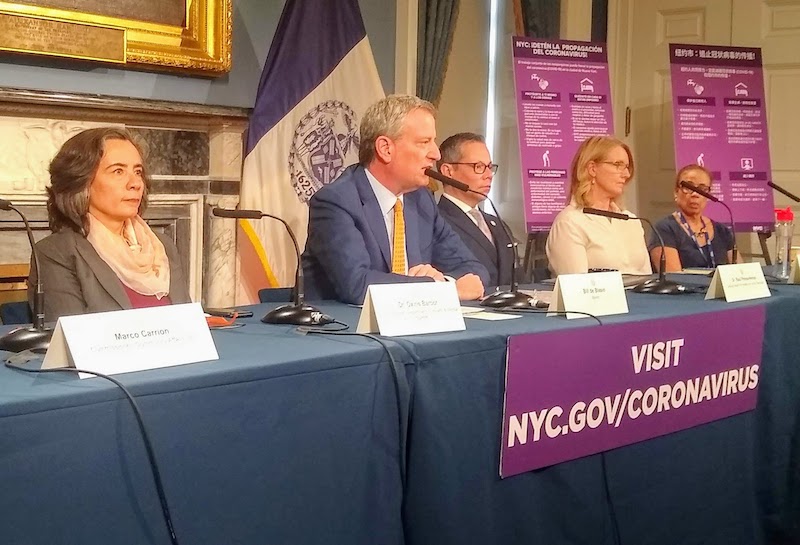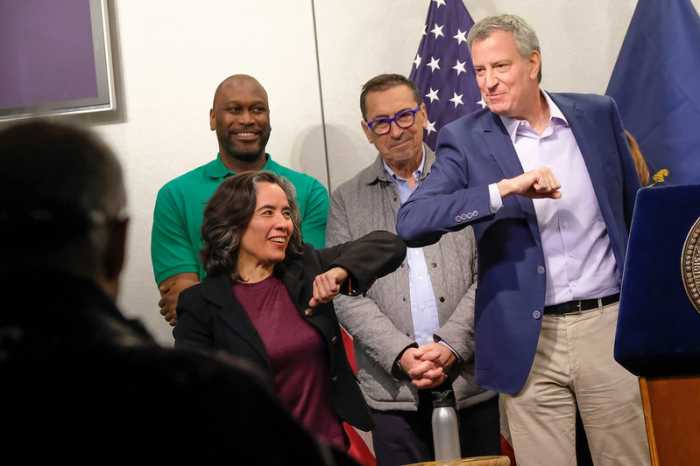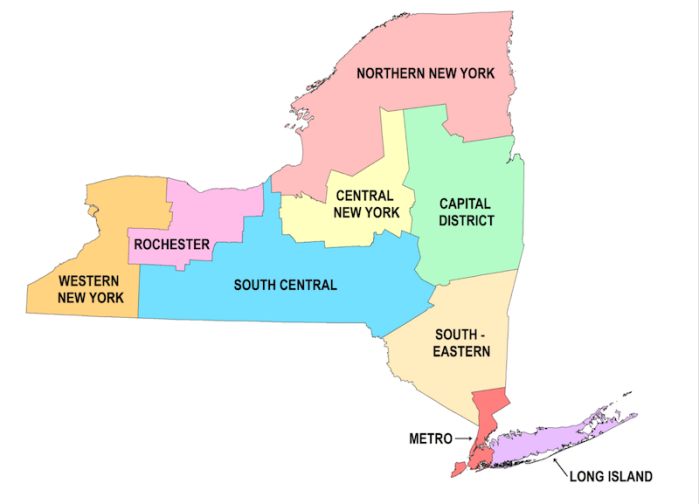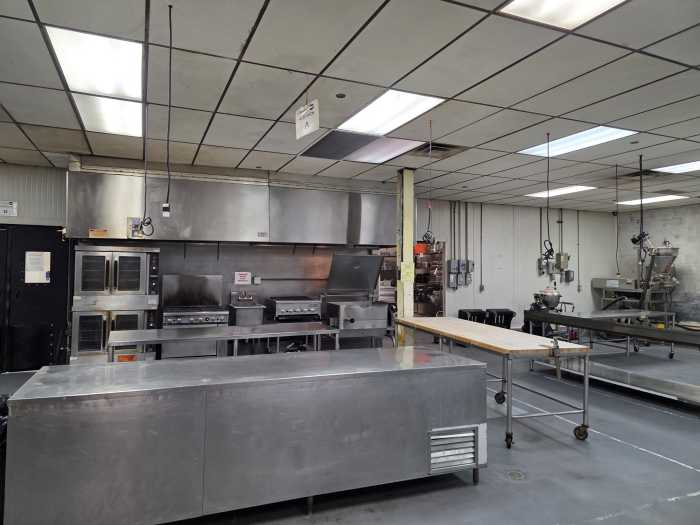Dr. Oxiris Barbot, commissioner of the New York City Department of Health and Mental Hygiene, sneezed into her elbow at Mayor Bill De Blasio’s coronavirus press conference yesterday afternoon at City Hall.
In a small room packed with local media outlets and health officials, everyone freezes.
“Did she do it right?” joked De Blasio, seated next to her. “I’m watching you!”
As if that one joke penetrated the bubble of panic set to arise, the room takes a collective breath, and continues on with the briefing. Journalists from all over the city asked about the coronavirus, also known as COVID-19, and how it will affect the city.
There are 62 confirmed cases of COVID-19 in the city and over 200 statewide as of this morning, according to live updates from The NY Times. And, now more than 118,000 cases in 114 countries, and 4,291 people have lost their lives, according to the World Health Organization.
“It’s brand new to the world, literally months old. There’s a lot we’re still trying to learn. Everyone’s trying to learn,” said De Blasio. “Everyone has to be a part of solving this.”
De Blasio and his administration were making preparations for the eventual impact of the virus hitting the city in January. They have been coordinating all public health outlets with unified information, combating hate crimes against Asians and Asian Americans, setting out daily health tips and regular press conferences. In addition to those efforts, De Blasio also plans to have health awareness TV ads and informational flyers posted in 23 languages in the near future.
“I am beseeching you all to tell the members of your community that if they are a victim of a hate crime, it must be reported,” said De Blasio.
Coronavirus has bolstered an exorbitant amount of misguided racism towards as evidenced in the severe stabbing of an Asian man wearing a surgical mask on 8th Avenue in Brooklyn on March 8. De Blasio urged people to report even minor instances of hate crimes or discrimination to 311, in case of emergencies 911, or for wellness checks call 888-NYC-Well.
Chinese restaurants and other businesses have also been hurt by the stigma and anxiety of potentially catching the coronavirus. The mayor was confident that the virus is not transmitted through food or drink; and that the city has no-interest loans for smaller companies or substantial direct grants to help businesses struggling in this global pandemic.
Businesses are also losing their employees. The vast majority of people working in this city can’t afford to stay home when sick.
“People generally present with mild symptoms. A little cough, a mild fever. And they still go to work,” said Barbot, “We want people to stay home for 48 hours and see how you feel.”
A temperature of 100.4 degrees, for example, is qualified as a mild fever, said Barbot.
If after 48 hours of self-isolation a person doesn’t feel better or develops other symptoms, then consult a doctor. A doctor can determine whether a BIOFire Test, which is a preliminary test that rules out 26 common diseases or a COVID-19 test is needed.
“Most importantly if you’re sick don’t go to work, don’t send your child to school,” said Barbot.
Initially, the health officials and researchers thought prolonged close interactions within a household were a factor in transmissibility of the virus. It’s also people who spend long, close interactions together, said Barbot.
She said to wash your hands frequently with soap and water, use 60 percent alcohol based hand sanitizer, and cough or sneeze into your elbow.
Barbot stressed that immigration status or homelessness is not a factor in providing healthcare to potential coronavirus patients at this time. “We’re in this for the long haul and we need all New Yorkers to do their part in slowing the spread,” said Barbot.
The Mayor could not give updates about the Brooklyn Hospital Center coronavirus patients admitted last week and they’re quarantined families.






![City Hall [Credit: "Aude" of Wikimedia Commons]](https://politicsny.com/wp-content/uploads/2021/02/Nyc_city_hall_july2006b-e1589477471165.jpg?quality=51&w=700)



